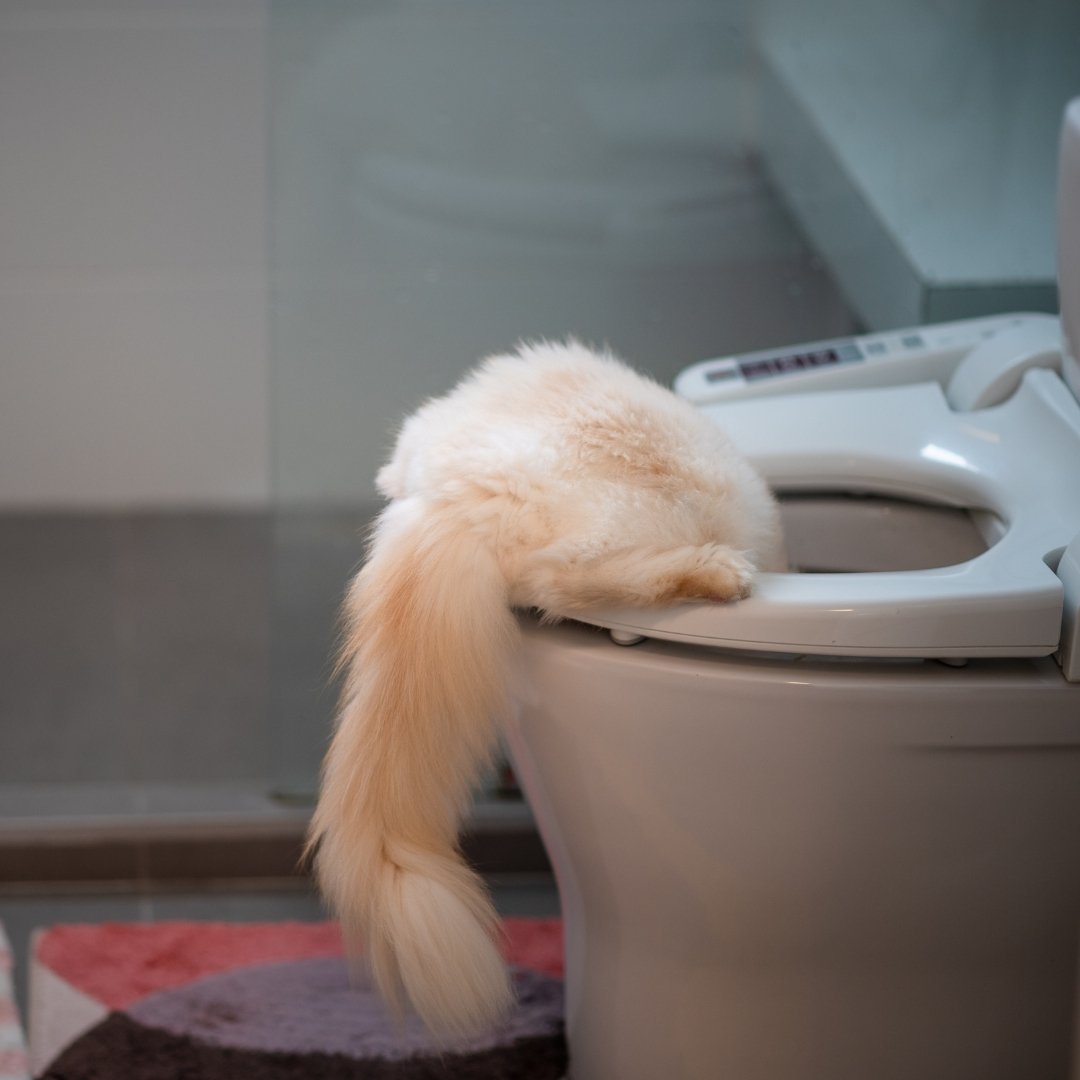Reasons You Shouldn't Flush Cat Poop Down Your Toilet - Maintain Your Pipe Health
Reasons You Shouldn't Flush Cat Poop Down Your Toilet - Maintain Your Pipe Health
Blog Article
What are your thoughts concerning How to Dispose of Cat Poop and Litter Without Plastic Bags?

Intro
As cat proprietors, it's necessary to be mindful of just how we deal with our feline good friends' waste. While it may appear hassle-free to flush feline poop down the toilet, this practice can have destructive consequences for both the environment and human health.
Alternatives to Flushing
The good news is, there are much safer and much more accountable methods to take care of feline poop. Consider the following choices:
1. Scoop and Dispose in Trash
One of the most typical approach of taking care of pet cat poop is to scoop it into an eco-friendly bag and throw it in the trash. Make certain to utilize a specialized litter scoop and dispose of the waste without delay.
2. Use Biodegradable Litter
Go with naturally degradable pet cat trash made from products such as corn or wheat. These litters are eco-friendly and can be securely gotten rid of in the garbage.
3. Hide in the Yard
If you have a lawn, take into consideration burying cat waste in an assigned area far from vegetable yards and water resources. Make certain to dig deep enough to stop contamination of groundwater.
4. Mount a Pet Waste Disposal System
Buy an animal waste disposal system specifically designed for cat waste. These systems utilize enzymes to break down the waste, lowering smell and ecological influence.
Health and wellness Risks
Along with environmental concerns, flushing pet cat waste can also present wellness threats to human beings. Cat feces may contain Toxoplasma gondii, a bloodsucker that can cause toxoplasmosis-- a potentially severe health problem, specifically for pregnant women and individuals with damaged immune systems.
Environmental Impact
Flushing cat poop presents harmful microorganisms and bloodsuckers right into the supply of water, posturing a considerable threat to aquatic ecological communities. These pollutants can adversely impact aquatic life and compromise water top quality.
Verdict
Responsible family pet ownership expands beyond offering food and sanctuary-- it likewise includes correct waste administration. By refraining from flushing feline poop down the bathroom and selecting different disposal approaches, we can lessen our ecological footprint and safeguard human health.
Why Can’t I Flush Cat Poop?
It Spreads a Parasite
Cats are frequently infected with a parasite called toxoplasma gondii. The parasite causes an infection called toxoplasmosis. It is usually harmless to cats. The parasite only uses cat poop as a host for its eggs. Otherwise, the cat’s immune system usually keeps the infection at low enough levels to maintain its own health. But it does not stop the develop of eggs. These eggs are tiny and surprisingly tough. They may survive for a year before they begin to grow. But that’s the problem.
Our wastewater system is not designed to deal with toxoplasmosis eggs. Instead, most eggs will flush from your toilet into sewers and wastewater management plants. After the sewage is treated for many other harmful things in it, it is typically released into local rivers, lakes, or oceans. Here, the toxoplasmosis eggs can find new hosts, including starfish, crabs, otters, and many other wildlife. For many, this is a significant risk to their health. Toxoplasmosis can also end up infecting water sources that are important for agriculture, which means our deer, pigs, and sheep can get infected too.
Is There Risk to Humans?
There can be a risk to human life from flushing cat poop down the toilet. If you do so, the parasites from your cat’s poop can end up in shellfish, game animals, or livestock. If this meat is then served raw or undercooked, the people who eat it can get sick.
In fact, according to the CDC, 40 million people in the United States are infected with toxoplasma gondii. They get it from exposure to infected seafood, or from some kind of cat poop contamination, like drinking from a stream that is contaminated or touching anything that has come into contact with cat poop. That includes just cleaning a cat litter box.
Most people who get infected with these parasites will not develop any symptoms. However, for pregnant women or for those with compromised immune systems, the parasite can cause severe health problems.
How to Handle Cat Poop
The best way to handle cat poop is actually to clean the box more often. The eggs that the parasite sheds will not become active until one to five days after the cat poops. That means that if you clean daily, you’re much less likely to come into direct contact with infectious eggs.
That said, always dispose of cat poop in the garbage and not down the toilet. Wash your hands before and after you clean the litter box, and bring the bag of poop right outside to your garbage bins.
https://trenchlesssolutionsusa.com/why-cant-i-flush-cat-poop/

Do you appreciate reading about Can You Flush Cat Poo or Litter Down the Toilet?? Leave feedback down below. We'd be glad to see your thoughts about this article. We are looking forward that you visit us again in the future. Sharing is good. Helping others is fun. I treasure reading our article about How to Dispose of Cat Poop and Litter Without Plastic Bags.
Call Today Report this page